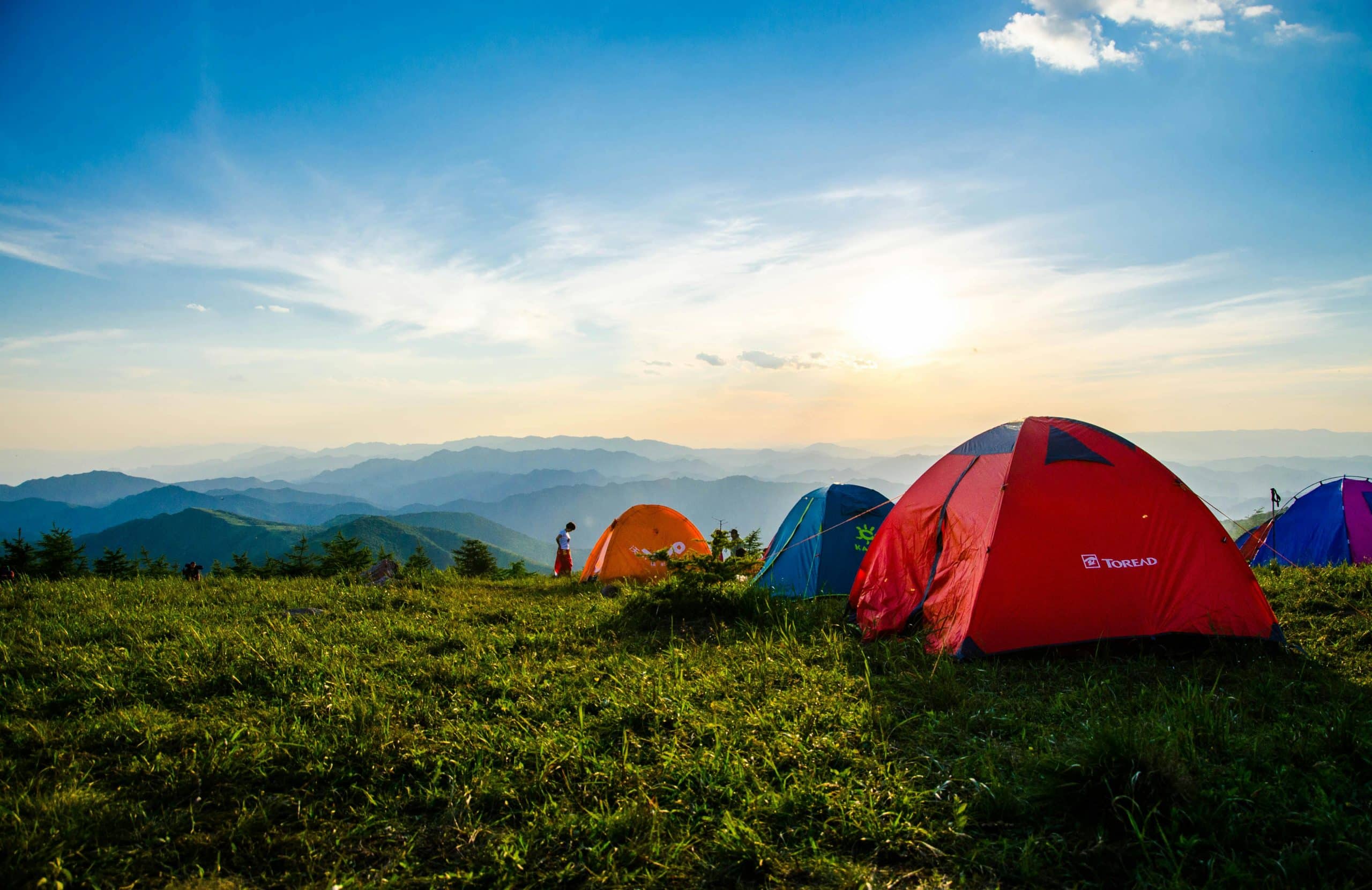Camping, there’s an undeniable allure to it. The idea of packing up your gear and heading out into the wild for a weekend of crisp early mornings and campfire hushed evenings, it’s a romantic notion. Yet, one thing that can quickly turn this dream into a nightmare is the sight of mildew-ridden tent or sleeping bag that smells like a wet dog. So, how do you clean and store your camping gear to ensure it’s in the best condition for your next venture into the wilderness? In this article, we will discuss some of the most effective ways to do just that.
Cleaning your camping gear
Before you start packing away your camping equipment, it’s vital to ensure it’s thoroughly cleaned.
A voir aussi : How can you find and reserve group campsites for large family gatherings in England?
Cleaning the tent
Your tent is your refuge in the wild. It keeps you dry during a downpour, provides shade during the heat of the day, and offers a relatively comfortable place to sleep at night. Therefore, it’s crucial to keep it in top-notch condition.
Start by removing any loose dirt or debris. Use a soft brush to clean the fabric, focusing on any spots where dirt has accumulated. Don’t forget about the inner parts of the tent, including the seams.
En parallèle : What are the best tips for photographing the Northern Lights from UK campsites?
Next, fill a bucket with warm water and a mild non-detergent soap. Use a soft sponge to gently clean the tent. Be careful not to scrub too vigorously as it can damage the waterproof coating. Rinse thoroughly to ensure no soap residue remains. Allow the tent to air dry completely before packing it away. Never pack a wet or damp tent as it can lead to mold and mildew growth.
Cleaning the sleeping bag
Your sleeping bag is another crucial piece of your camping gear. It not only provides warmth but also a comfortable place to rest after a day of outdoor activities.
Most modern sleeping bags are machine washable. Be sure to use a front-loading washer and a gentle cycle with warm water. Avoid using regular laundry detergent as it can damage the insulation and waterproof features of the bag. Instead, opt for a mild soap or a specialized cleaner designed for outdoor gear.
After washing, it’s crucial to thoroughly dry the sleeping bag. Air-drying is the best option, but if this isn’t possible, use a tumble dryer on low heat.
Storing your camping gear
Once your gear is clean and completely dry, it’s time to pack it away.
Packing the tent
When it comes to packing your tent, you might be tempted to stuff it back into its original bag. However, doing so could compress the materials and damage the tent over time.
Instead, fold your tent loosely or roll it up, ensuring you don’t put too much pressure on the fabric. Store it in a larger, breathable bag to allow air circulation. Keep it in a cool, dry place.
Storing the sleeping bag
Similarly, you should avoid cramming your sleeping bag into its original stuff sack. Instead, store it loosely in a large cotton or mesh bag to allow the insulation to retain its loft. Keep it in a dry and cool location.
Keeping your camping gear in the best condition
Regular maintenance will help to prolong the life of your camping gear.
Regular Gear Inspection
Perform a routine report of your gear’s condition before and after each trip. Look for any signs of wear and tear, such as holes, tears, or broken zippers. Address these issues promptly to avoid more significant problems down the line.
Waterproofing your gear
Camping gear, like tents and bags, are often treated with a waterproof coating that can wear off over time. Consider re-applying a waterproofing solution occasionally to help your gear resist water and keep you dry during your camping trips.
Avoiding bad smells
Remember that your gear, particularly your sleeping bag, will absorb smells over time. To prevent this, air out your gear after each trip and before storage. Using odor-eliminating sprays can also keep your gear smelling fresh.
So, there you have it. Taking care of your camping gear is paramount to ensure you’re ready for your next adventure. Whether it’s sleeping under the stars or waking up to a chorus of birdsong, make sure your gear is well-cared for and ready to support you on your journey into the great outdoors.
Additional equipment for wild camping
While the tent and sleeping bag are key components of your camping gear, you also need other pieces of equipment to make your wild camp comfortable and safe.
Sleeping pad
A sleeping pad not only offers additional comfort but also provides an extra layer of insulation against the cold ground, an essential feature for wild camping in the UK. Clean your sleeping pad by wiping it down with a damp cloth and mild soap. Rinse and allow it to air dry before rolling it up for storage. Store it in a cool, dry place.
Bivvy bag
A bivvy bag is a waterproof cover for your sleeping bag, ideal for wild camping when you might not have the protection of a tent. Clean it in the same way you would your tent, and let it dry completely before packing it into a storage bag.
Packing cubes and dry bags
Packing cubes are great for organizing your gear in your backpack, while dry bags keep your items dry in case of rain or accidental submersion. To clean these, turn them inside out and wipe with a damp cloth. Let them air dry before storing them.
Kit list
A kit list detailing all your essential gear can be handy before and after your camping trip to ensure you pack everything you need and don’t leave trace of your belongings behind. Keep this list stored digitally or in a sealed bag to keep it dry during your trips.
Wild camping in UK national parks
Wild camping in the UK, particularly in national parks, can provide you with a unique connection to nature. However, it also requires proper equipment care and storage.
National park rules
When camping wild in a national park, follow the park rules, including the ‘leave no trace’ principle. This means ensuring that your camping gear is clean and free from food debris that can attract wildlife.
Post-trip routine
After your camping trip, follow the steps mentioned above to clean and store your gear. This will ensure that it is ready for your next adventure, whether it’s a weekend in the Lake District or a multi-day hike through the Scottish Highlands.
Report advertisement
If you see an advertisement for a product that could improve your wild camping experience, investigate it thoroughly. Read reviews, compare prices, and consider if it can truly add value to your camping trips. Always think about the storage requirements of new gear before purchasing.
In conclusion
Cleaning and storing your camping gear properly after each trip is not just an afterthought. It’s an important part of the wild camping experience, helping to ensure that your equipment is ready for your next adventure. From your tent and sleeping bag to your bivvy bag and sleeping pad, every piece of your gear requires care and attention.
Remember, wild camping is not just about survival. It’s about appreciating the beauty of the wilderness and respecting the environment. So, pack your camping gear wisely, clean it carefully post-trip, and store it properly. With this complete guide, you’ll be well prepared for your next wild camping adventure in the UK’s beautiful national parks.









